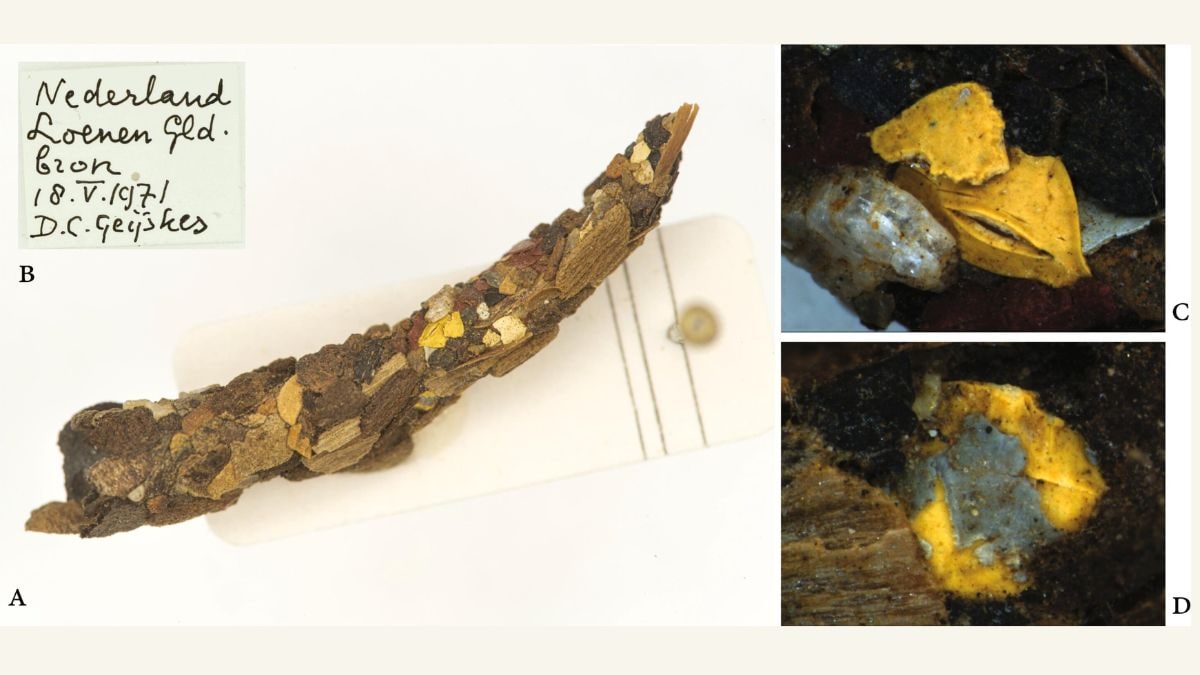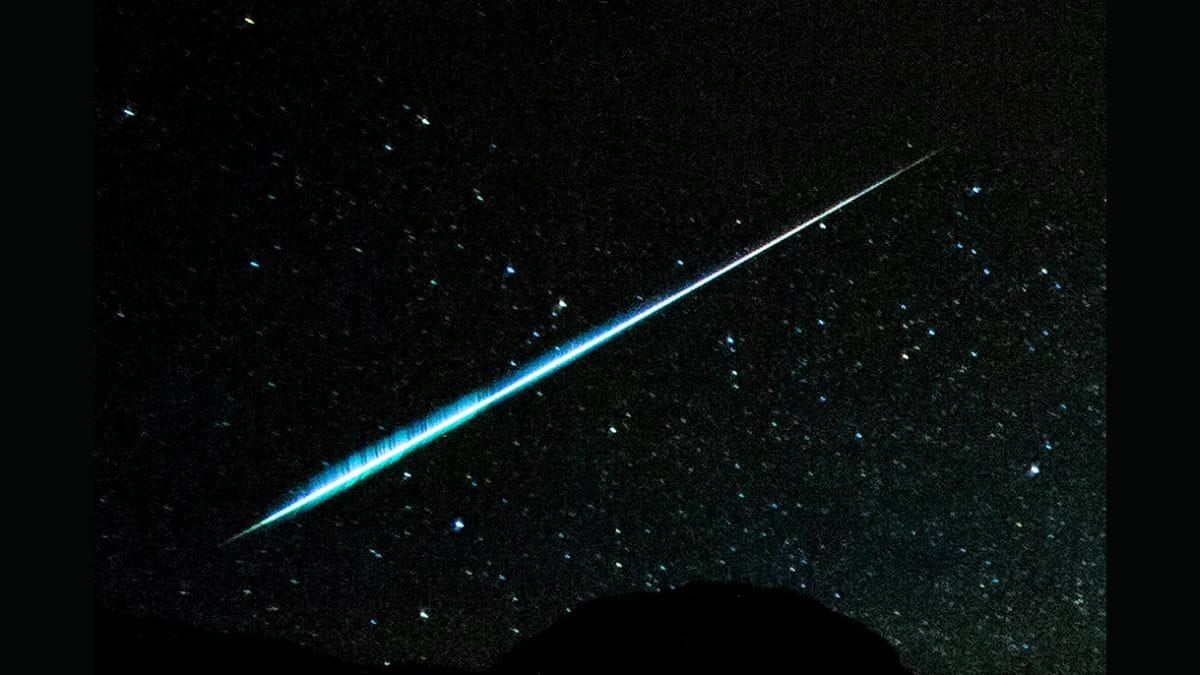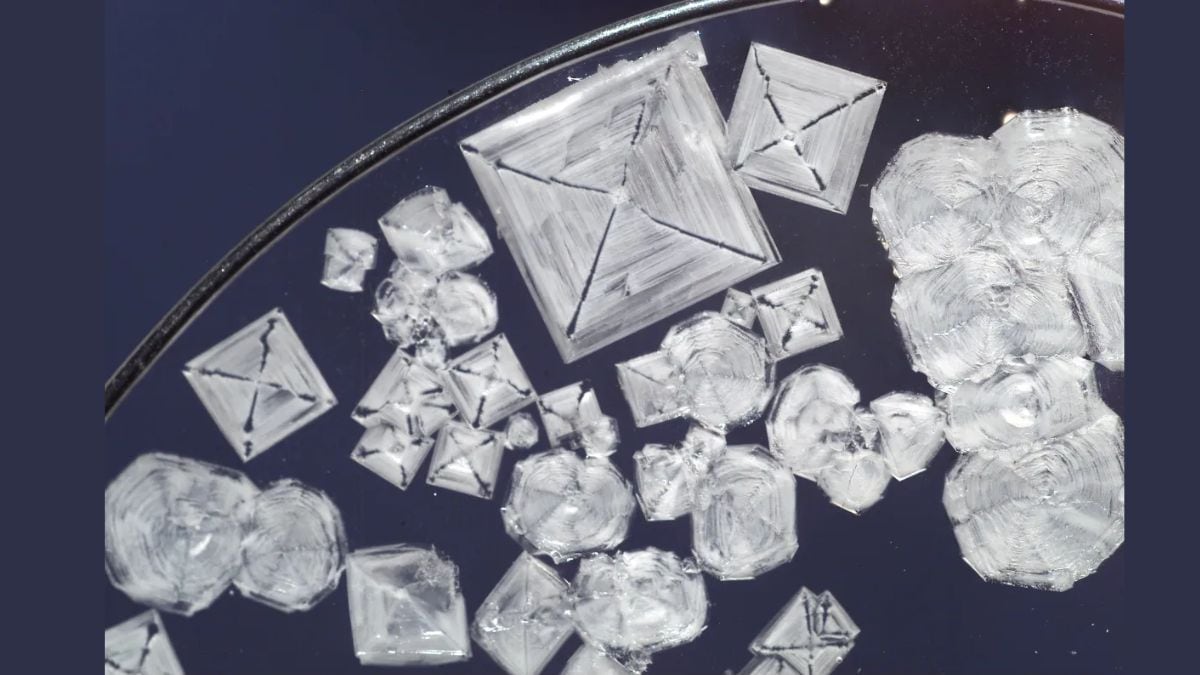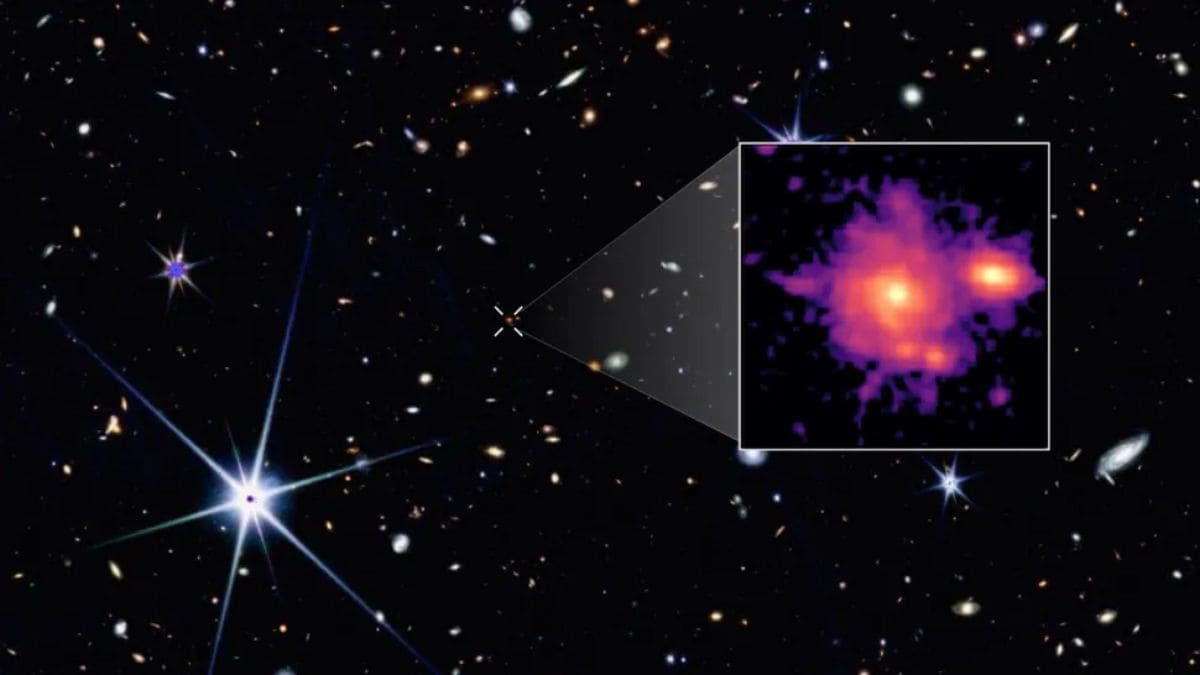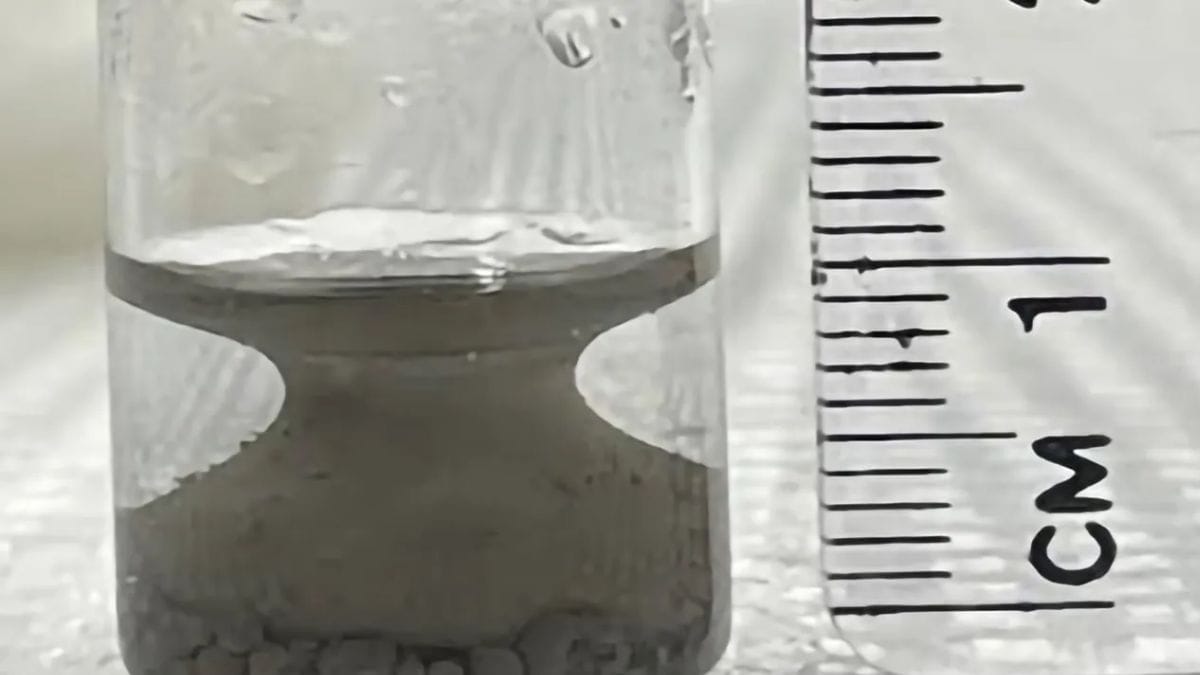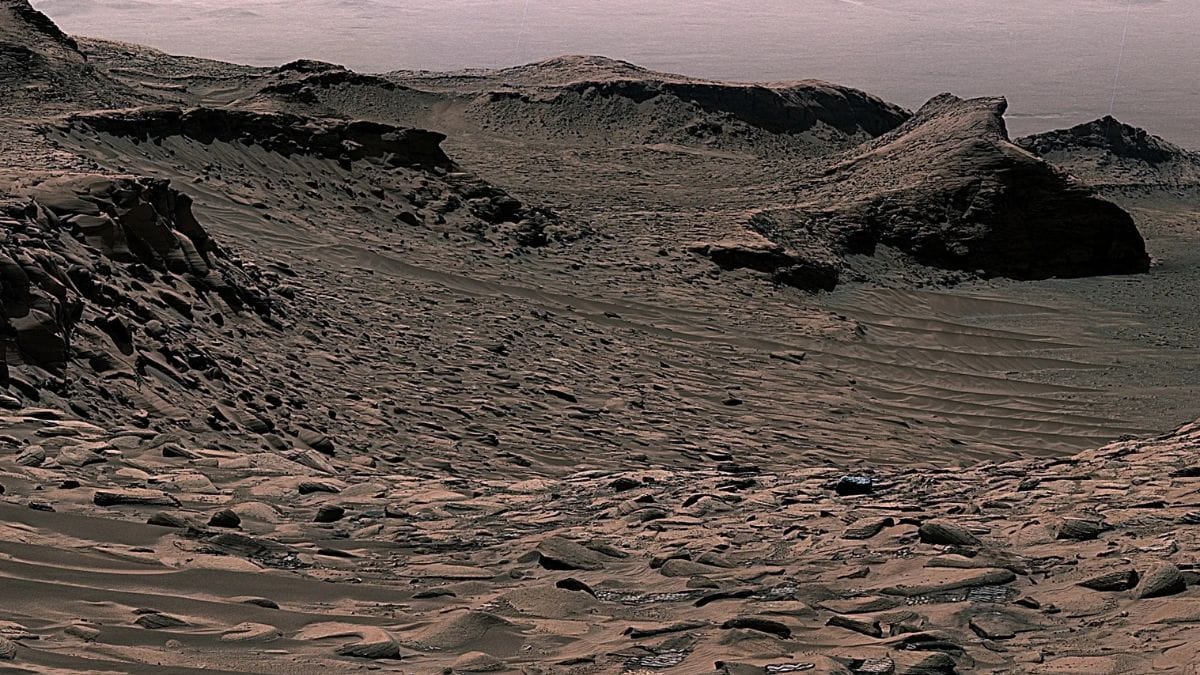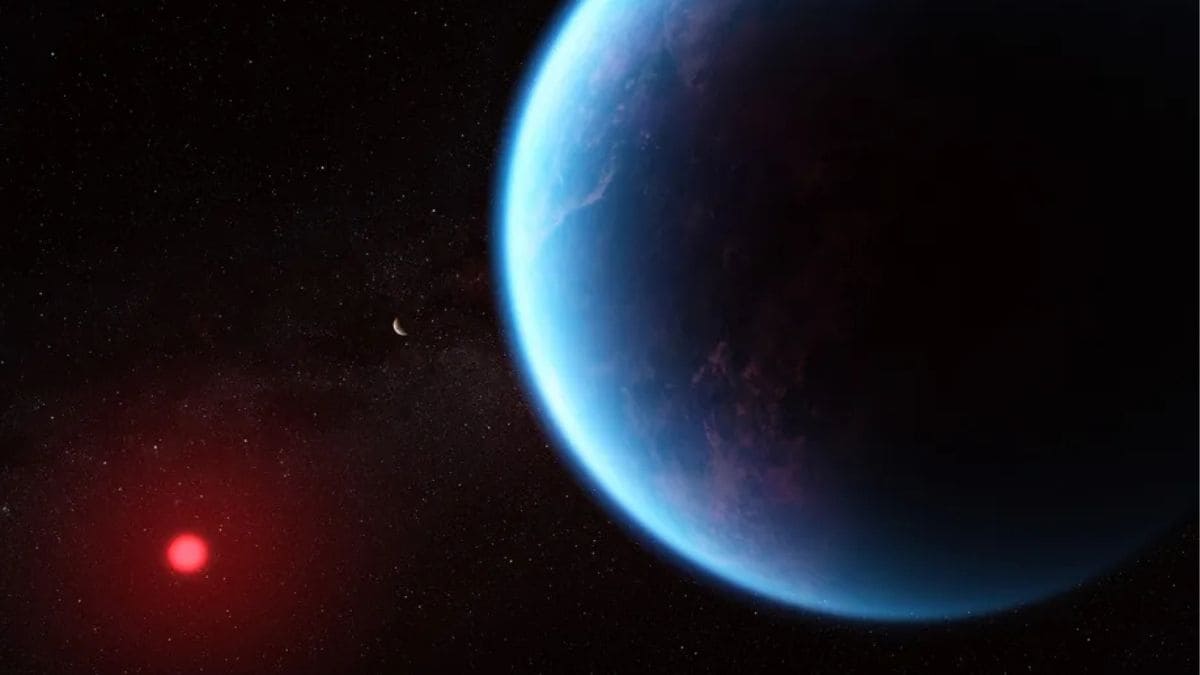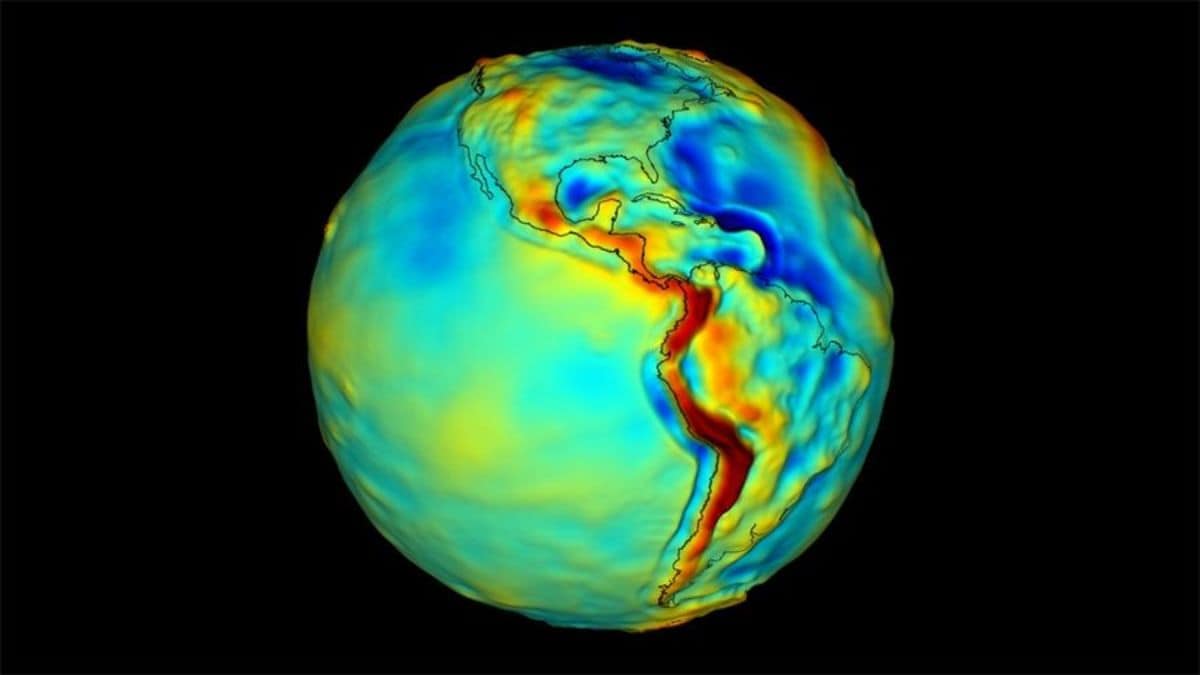“Explore the wonders of the universe, groundbreaking discoveries, and the marvels of technology in the Science category. Dive into fascinating topics that expand your understanding of the world and beyond.”
An expert team of biologists practising at the Naturalis Biodiversity Centre, a research museum in the Netherlands, has recently discovered evidence of the incorporation of microplastics into caddisfly casings. However,…
The awaited Lyrid meteor shower is back! Skywatchers can catch a glimpse of these beautiful meteors streaking across the sky. Lyrids radiate from the Lyra constellation, lying near the star…
NASA scientists have been studying crystals to optimise the process of crystallisation for decades. Various researchers have conducted research on crystals within the first quarter of the year, the latest…
NASA's James Webb Space Telescope (JWST) has helped astronomers find a galaxy that seems to be the old twin sister of the Milky Way. With a central bulge of old…
An unexpected shape formed when a graduate student accidentally blended oil, water and nickel. Scientists discovered that the shape-recovering liquid defied the laws of thermodynamics. Instead of minimising the interfacial…
For the first time, the existence of a lone black hole has been confirmed by scientists. This black hole has no star orbiting it. According to the statement by Kailash…
The evolution of Mars and its ancient atmosphere has been a prominent research topic for scientists. NASA's Curiosity Mars rover could potentially be the ultimate solution for the temperature and…
Scientists discovered suitable biosignature gases for alien life on planet K2-18b. On K2-18b, NASA's James Webb Space Telescope (JWST) noticed dimethyl sulfide (DMS), a chemical primarily produced by living creatures…
NASA's Hubble Space Telescope, on its 35th anniversary, reprocessed a detailed image of the Sombrero Galaxy (Messier 104) on April 11, shared by the European Space Agency. This improvised image,…
NASA's Jet Propulsion Laboratory, commercial companies, and academic institutions together are developing the first space-based quantum sensors for gravitational measurement. Two groups of very cold rubidium atoms will be used…

